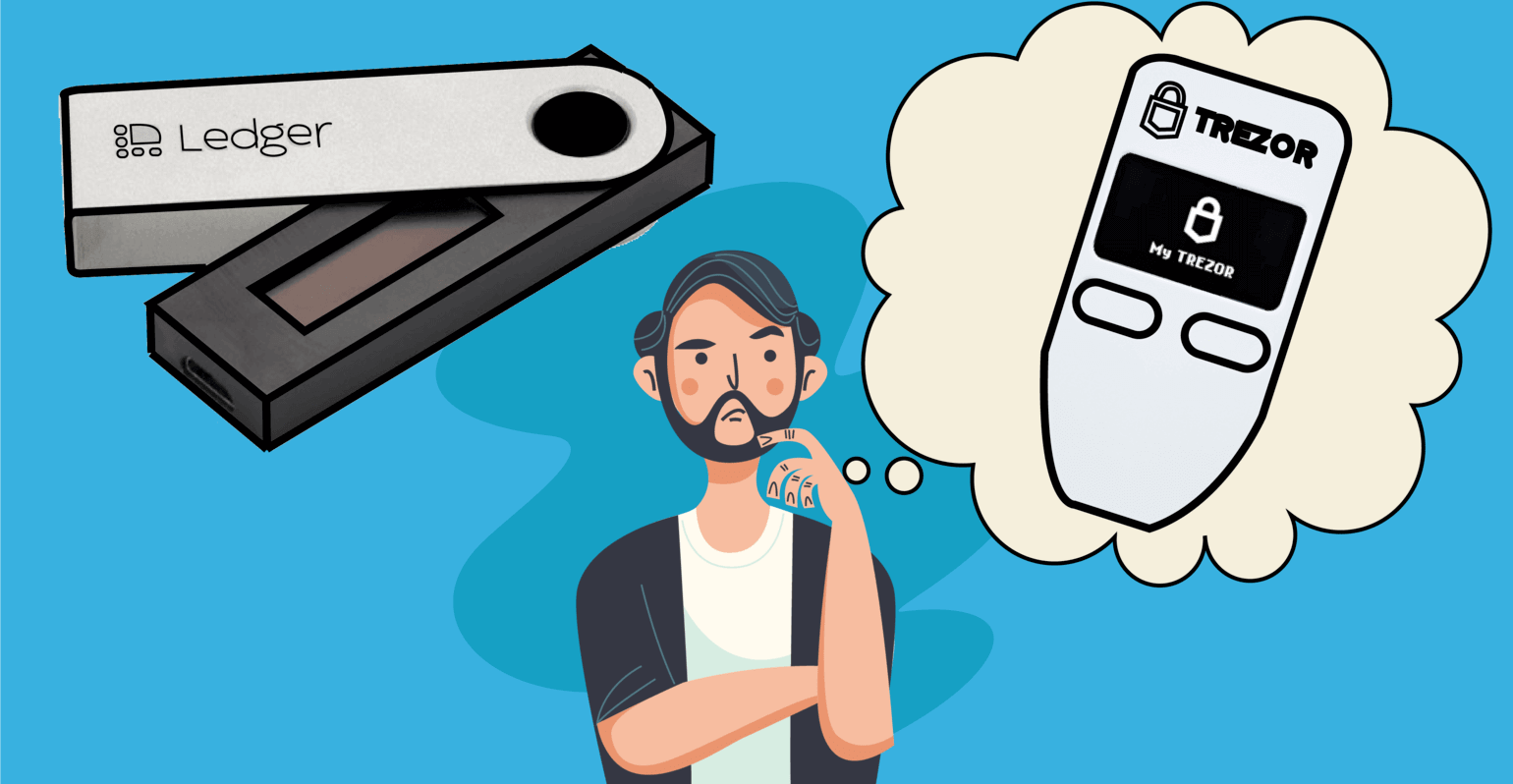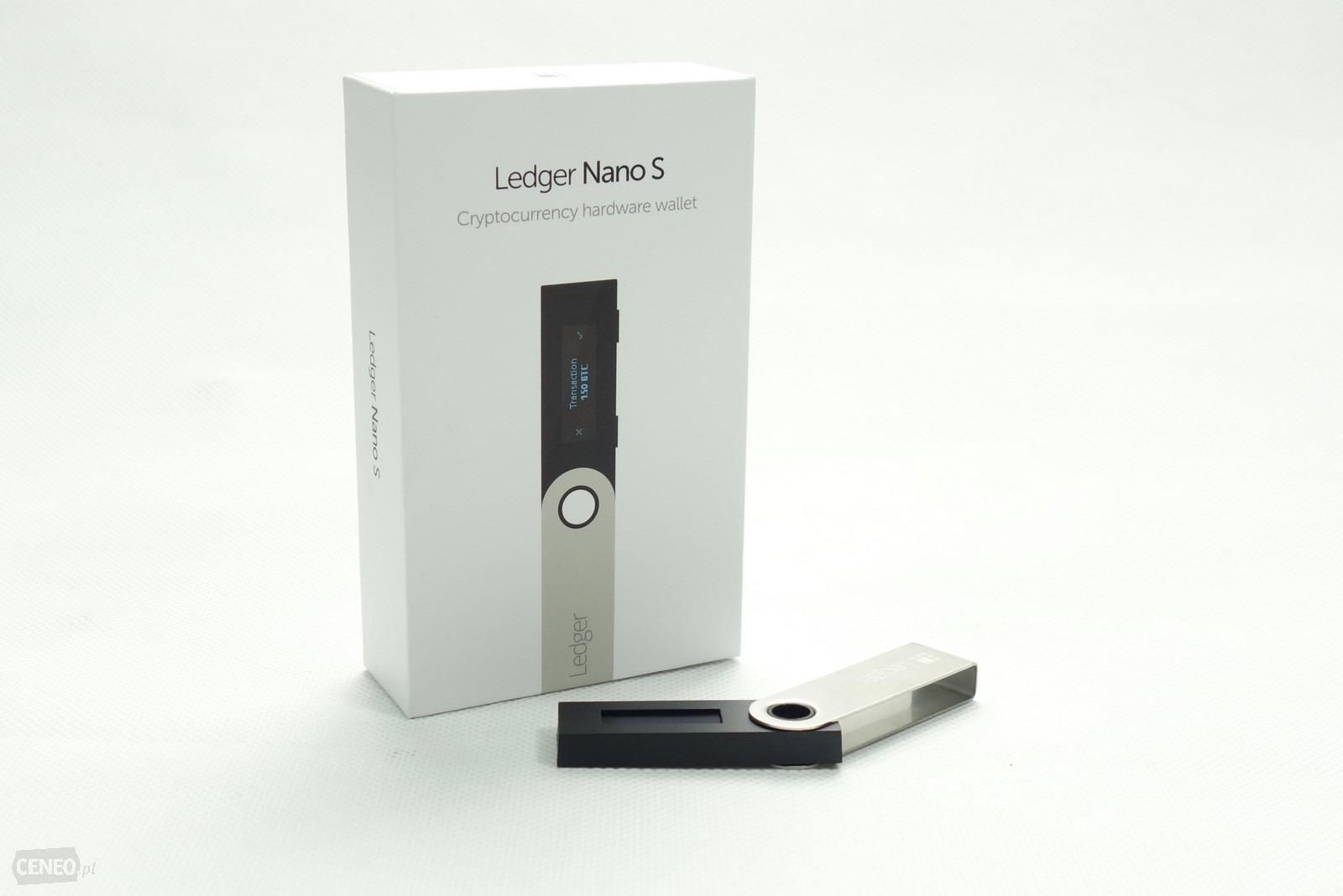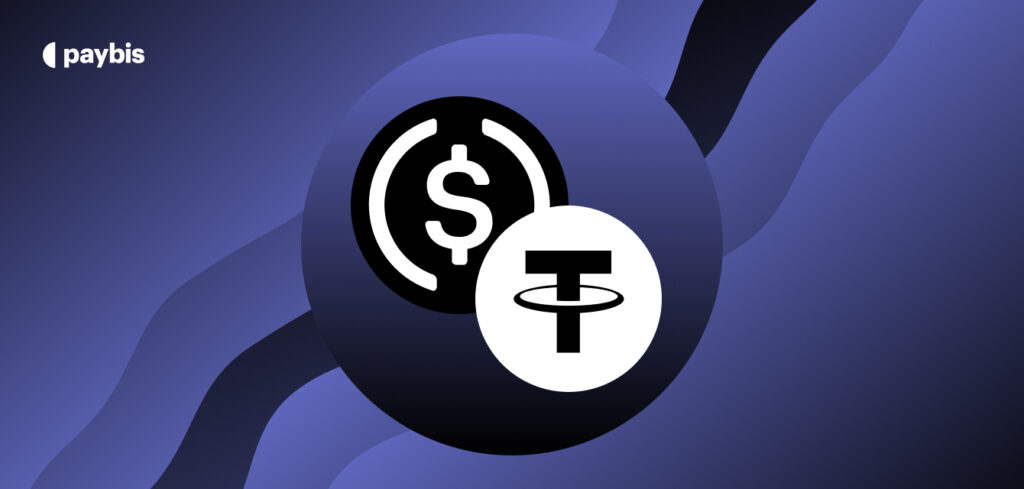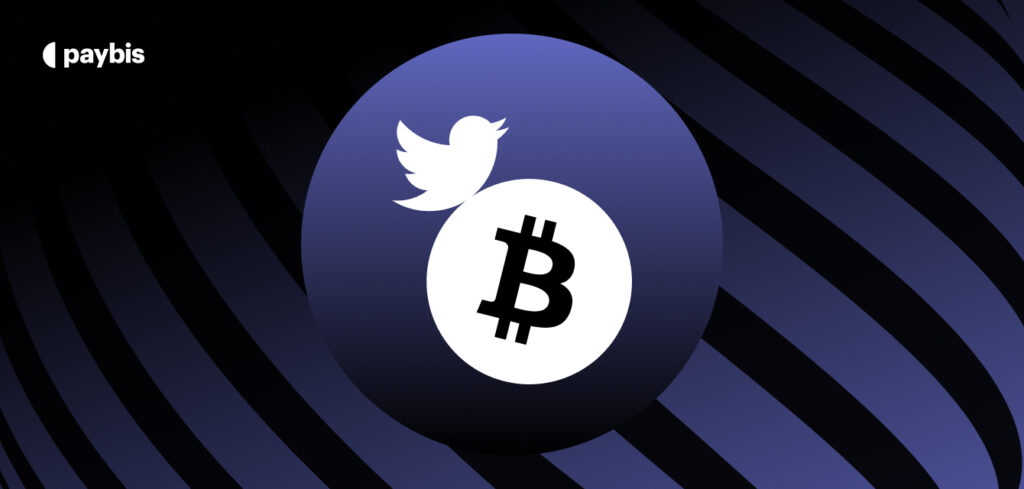The Best Hardware Wallets – to Store & Keep Your Crypto Safe
With the recent increase in Bitcoin’s price, I set out a personal goal – to research and discover the best hardware wallets for my crypto.
I’ve heard of way too many people that lost the keys to their valuable digital coins and even more that got locked out of them, mainly due to their own ignorance.
Funny thing is – no matter how many warnings life and the internet gives to them, they somehow always seem to remain ignorant, seeing hardware wallets as a high-end gadget for crypto enthusiasts.
Let me make one thing very clear before I go any further – Hardware wallets are essential if you want your cryptos to be safe.
There, I said it!
And before you think I’m pulling some sort of marketing stunt remember that, in 2021, cyber attackers are smarter than ever. Modern-day bank robbers with code as a weapon and a computer to mask their identity. Thus, if you leave your cryptos exposed they WILL try to take it from you.
Having said that, my investigations have come to an end and I am ready to present to you my personal selection of the best hardware wallets, their benefits, and also their disadvantages.
However, before, we dig deeper let’s start with a short background on what hardware wallets are and how you can choose the right one.
What is a hardware wallet?
A hardware wallet is a small, electronic device that gives you easy access to your cryptocurrency wallet(s).
By using a wallet like this, you will not need to memorize your complex long-form private keys to unlock your funds and you will also be able to easily send funds to anyone.
Essentially, the device helps you create new cold wallets for your cryptos so that they remain safe and away from any potential threats.
If you want to find out more, watch Antreas Antonopoulos, a prominent figure in the cryptocurrency space, explain hardware wallets in more detail.
Did you know?
There is a fundamental difference between cold and hot cryptocurrency wallets.
Cold wallets are used to store one’s cryptocurrency offline. Sending your coins to cold storage can be done through a number of different methods, such as a paper wallet, a computer that is not connected to the web or, as you now know, by making use of a hardware wallet. The latest ones have gained popularity for their increased security and redundancy.
Hot wallets (or online wallets), on the other hand, are wallets that are connected or hosted on the Internet. It can come in the form of software and are often easier to use than hardware wallets. You can usually send and move your funds at an increased speed thanks to the power of the world wide web. Keep in mind, however, that hot wallets come with a number of drawbacks, such as their vulnerability to cyber-attacks and phishing scams. Examples of online wallets include wallets offered by exchanges or web-based wallets like Blockchain wallet.
While hardware wallets are mainly used to create and access cold wallets, it is important to remember that several web-based wallets, like MyEtherWallet, offer the possibility to log in using your hardware storage device.
Therefore, one device will likely be all you need to store most of your digital coins in a safe way.
But what makes a cryptocurrency wallet better than its competitors? How do you know you are choosing the best option out there?
Those are great questions!
And here are the answers.
Choosing the best hardware wallets
When looking to buy a hardware wallet, don’t simply go for the most popular one. There are a number of different factors you need to consider, much like I did to further refine my research. When you start the research process, ask yourself the following questions:
- Is it easy to use? If this is your first time investing in a hardware wallet, this one is important to clarify. How does the initial setup process look like? How easy is it to access your stored coins and send them to others? A wallet’s usability can help you weigh the risks involved, especially if you are a beginner. Most often, a simple and straightforward design is all you need to keep track of your holdings.
- How secure is the wallet? What are the security features that make this wallet the safest one there is? Is it protected by PIN code? How are transactions verified? Are there any negative reviews related to the device’s security?
- How do you access your crypto? Most hardware wallets can be paired with a browser extension that acts as a web wallet. As mentioned above, you can also connect your device to external (hot) wallets. For example, if you want to store Ethereum (ETH) on a Trezor, you can access and transfer your tokens through MyEtherWallet, a third-party ERC20 web wallet.
- Which currencies does the wallet support? Check your portfolio and see whether the wallet you want to buy supports the coins you are holding. Most hardware wallets support the popular coins but some offer more options than others.
- How can I backup my device and restore my holdings? We all think it will never happen to us until it does. How easy is the back-up process in case something goes sideways? What are the steps to restore your wallet?
- Are existing customers satisfied? Check for existing reviews to get a first-hand idea of what current users think of the device. What do they list as benefits and drawbacks? Have they come across any problems in the device’s functionality? Do they advise others to buy it as well?
- How much does it cost? This is certainly not the most important factor in my opinion. However, if you are a budget-oriented person, comparing prices and shipping costs can be a reason to choose one wallet over another. More often than not, however, it has been observed that low priced, high-quality wallets can be imitations that are sold with an intent to get access to your keys. Therefore, it is best to buy hardware wallets only from their official provider.
- Is it portable? Another less important feature that may be a deal-breaker for some. Consider the device’s size and portability; How easy is it to carry with you? Can it be stored easily? Most hardware wallets are small in size and easily fit in one’s pocket.
Once we have these things clarified it should be clear which factors to consider when choosing a wallet for your cryptocurrencies.
So what is the best hardware wallet?
Let’s dive in and make a decision.
Best hardware wallets
The following hardware wallets were selected based on the above questions and considering that the fact that buyers are somewhat new to storing cryptocurrencies.
For this reason, after going through a number of different wallets, I managed to identify the top-5 which I would recommend.
The Ledger Nano S is my personal favorite wallet. There are many benefits that come by owning this small device, so I will share the best ones with you.
This hardware wallet is the first and only independently-certified hardware wallet currently on the market. More specifically, they have received their certification by ANSSI, due to their high level of security.
Here are some of its benefits:
- Accepts multiple cryptocurrencies. In contrast with most of its competitors, the Ledger Nano S supports more than 1100 cryptocurrencies, allowing you to hold and transact with multiple assets, all within one wallet.
- It is very simple to use. The device comes with only two buttons that can perform and verify actions on its small analog screen.
- Easy to backup. Even if you lose your device, the Ledger Nano S comes with a confidential recovery phrase which can be used to backup and restore your device.
- Built-in secure chip. The Nano S is built around a secure chip, that is similar to those found in passports.
- It is a worldwide best-seller. With more than 1,500,000 orders, the Ledger Nano S is the most popular and best-sold hardware wallet on the market.
Aside from the benefits, I also took a look at what, in my opinion, are constituted as drawbacks:
- The device is compatible with smartphones but requires an OTG cable. Remember the portability factor? This device can be connected with a smartphone through the Ledger App but requires an OTG cable to do so. This not only means that you will need to carry the cable with you, but you will also have to buy it separately from your device.
- Lack of design customizations. Sure it’s not that important but, none the less, it is good to mention. Although the Ledger Nano S comes in different colors there are no options to order it in a customized form.
The device retails at a relatively low $95 which includes free worldwide shipping and a 14-day return without any questions asked.
2. Trezor One
I have personally used this device for a number of years. I loved it and I still keep the majority of my holdings on it. From a subjective viewpoint, I find it easier to use than the Ledger, probably due to my experience but also because I find its design more appealing.
When you want to make a transaction, simply plug the Trezor in your computer, enter your PIN code and you will gain instant access to your funds. From here, the process is a simple as pushing a couple of buttons on the device.
Its design is all about security. Your private keys are kept offline and always require your physical interaction to confirm a transaction.
Let’s take a look at the features that constitute this device as one of the best Bitcoin wallets:
- High level of security. The Trezor One was the first hardware wallet introduced to the market, back in 2014. Since then, the team is constantly testing it to ensure its resistance against cyber attacks. It also comes with a 24-word backup phrase which you can use to restore the device.
- Integrated exchange support. You don’t even need to join an exchange to make trades with the Trezor. The device comes with built-in exchange support (including 1064 coins and tokens) to perform trades without any additional trouble.
- Elegant design. The Trezor One is designed to not only function well but also to look the part. It comes with a OLED screen built on a more compact frame that does not remind of a USB stick.
Aside from the above, the device offers a broad range of features that can satisfy even the most demanding of customers. But before you go ahead and buy your own, consider the following point as well:
- It is priced at $75 and that excludes shipping costs. Altogether, it can quickly drive the price of this wallet above the Ledger Nano S.
Now it’s up to you to decide whether or not this is the best hardware wallet. If you are a long term investor like me, you’ll likely find more than enough options when it comes to supported coins and there will be no need to upgrade. That, however, highly depends on your personal needs.
3. Ledger Nano X
After introducing the Ledger Nano S, we will now talk about its updated version that comes with features not seen in any other wallet.
The Ledger Nano X, much like the hardware wallets above, is designed to hold your private keys so that you can make safer transactions.
It looks pretty much the same as its older brother (Ledger Nano S) but is both a little bigger in size and heavier by design.
Here are its strongest points in short:
- Bluetooth compatible – What makes the X unique is its ability to connect to smartphones. Simply pair it with a mobile wallet (desktop option is possible as well) depending on the cryptocurrencies you want to store and you are set.
- High level of security – As with most hardware wallets, the Ledger Nano X provides users with a higher level of security than other, web-based options. This is both due to its security chip (see Ledger Nano S) and due to the need for physical interference to confirm transactions.
- Great value for its price. Currently, there are only two hardware wallets with Bluetooth support worldwide. From these two options, the Ledger Nano X is the cheapest.
- Additional app features. The device comes with additional memory space and a better screen than its predecessor. In total, you can store up to 100 Apps on the device.
From my research, I found only one drawback:
- It comes at a higher price point compared to the Ledger Nano S. Sure, this hardware wallet comes with additional features and benefits, but for those of you that are budget-conscious, this one may be a deal-breaker. The device retails at $135 but comes with free shipping worldwide.
So, is it worth buying? You will have to consider your lifestyle for this one. If you are often on-the-go or spend many days traveling, this device may be the answer to your prayers. If not, you are just as well off with using the Ledger Nano S.
4. Keepkey
Ever heard of this hardware wallet? KeepKey is a Hierarchical Deterministic (HD) wallet, which essentially makes it into a compact computer designed to store your private keys.
We decided to add this wallet to the list with the best hardware wallets mainly due to its recent price cut, which makes it a budget option for people who value looking quality and security.
When KeepKey was introduced to the market in 2015, it held a price tag of $239. Currently, however, it retails for $99. Sure, that is still a hefty price for a hardware wallet, but it is still worth checking out.
Here is what I really liked about KeepKey:
- Top-notch security. As with the rest of the hardware wallets on this list, KeepKey comes with a high level of security to ensure the safety of your coins and to keep hackers away. You need a PIN code to activate your device and manual confirmation to complete your transactions.
- Beautiful design. The first thing that came in my mind when I saw the design were those MP4 devices from the early days. Compact size, with a professionally designed OLED screen covering the whole front side of the device. You can feel that there is a lot of effort being made to showcase its looks.
- Discounted price increases its value. The pricing benefit has to be repeated. Some may think KeepKey took its prices down due to its competition. Others may think it was a strategic decision to help them sell more. Whatever the case may be, you are still going to get the device for a 60% discount.
As far as the drawbacks go, these are mainly related to the following:
- A limited selection of coins. KeepKey currently supports BTC, BCH, DASH, DOGE, ETH, LTC, and NMC. There is no say if the list will be updated anytime soon so, for this moment, this one is somewhat of a deal-breaker.
- It does not come with its own web wallet/extension. This means that users of the wallet will need to add software like Multibit or Electrum to make use of all its applications.
- Lack of portability. While this one is not really a big deal, we did feel like the size of KeepKey was significantly bigger than that of the Ledger or the Trezor. This, for some, may lead to a lack of portability.
So, is KeepKey really worth investing it? I personally found it to be one of the best hardware wallets out there. At least when the design is concerned. However, compared to the aforementioned options, I’d have to say that it’s not the strongest contender on the list.
5. Ellipal
The Ellipal hardware wallet functions fully on its own, without the need to connect with any other device. It does not have wires or USB connectivity but rather communicates solely through QR codes through a camera on its rear side.
Interestingly enough, this wallet was not on my radar when I started snooping around for the best hardware wallets. It was only later on that I read several reviews that praised this device for its innovative working model.
In fact, they praised it as the best hardware wallet and believe that this type of design will dominate the market in the coming years.
Here’s why I found Ellipal to be worthy of being listed here:
- Chunky but very easy to use. The device reminds more of a smartphone than a hardware wallet but, in this case, this is no dealbreaker. Its screen is big and (thankfully) not analog, which makes the process of setting everything up a lot easier. If portability is on your radar, this point may rather act as a dealbreaker.
- Its built-in app is simple and well built. I loved how easy it was to go through the setup process and make my first transaction. The touchscreen works great and gives a pleasant user experience
- Looks like a phone. The Ellipal is unique in its security methods as it requires a pattern lock and a password to access your account. You will have to restore your wallet with your seed phrase if you wrongfully enter the pattern or the password 10 times in a row.
For this device, I had a few more drawbacks to point out:
- Unknown founders. I personally like to know who I am buying from. The official website of Ellipal, however, does not come with an About us page. Even after locating the founders on LinkedIn there was practically no information about them and their previous projects. Personally, I find this to be a dealbreaker.
- Firmware updates. These are somewhat different when comparing them to Ledger or Trezor. Since the company’s business model focuses on being a standalone device, without the need to connect to any computer, you have to download all the updates to an SD card (included) and insert it on the backside of your device. This is more difficult than it sounds.
With a price tag of $149, excluding shipping costs, this hardware wallet is certainly the one with the highest price on the list. The final decision is yours.
So, which is the best hardware wallet?
Now that you saw our top contenders, all that is left is for you to make a choice.
Keeping your coins safe should be your first priority and a hardware wallet plays an essential role in the process.
So, what are the best crypto hardware wallets?
Here is a handy table, to give you a summary of all the devices we mentioned:
| Ledger Nano S | Trezor One | Ledger Nano X | KeepKey | Ellipal | |
|---|---|---|---|---|---|
| Dimensions & Weight | Height: 98 mm Width: 18 mm Depth: 9 mm Weight:16.2g | Height: 60 mm Width: 30 mm Depth: 6 mm Weight:12 g | Height: 72mm Width: 18.6mm Depth: 11.75mm Weight: 34g | Height: 38 mm Width: 93.5 mm Depth: 12.2 mm Weight:54 g | Height: 119.4 mm Width: 64 mm Depth: 9.9 mm Weight: 226gr |
| What is included in the box | Hardware wallet A USB cable Instructions booklet 2 Recovery sheets Handy keychain | Hardware wallet USB cable 2 Recovery sheets Instructions booklet User guide | Hardware wallet A USB cable Instructions booklet 2 Recovery sheets Handy keychain | Hardware wallet Nylon USB cable Backup card User guide | Hardware Wallet Backup card User Manual Charge Cable Warranty Card |
| Display & Buttons | Yes | Yes | Yes | Yes | Yes |
| Supported cryptocurrencies | Bitcoin Bitcoin Cash Ripple (XRP) Ethereum Ethereum Classic Ark Litecoin Dogecoin Stratis Zcash Dash Komodo PoSW ERC20 Tokens | Bitcoin Bitcoin Cash Ethereum Ethereum Classic Namecoin Litecoin Dogecoin Zcash Dash ERC20 Tokens | Bitcoin Bitcoin Cash Ripple (XRP) Ethereum Ethereum Classic Ark Litecoin Dogecoin Stratis Zcash Dash Komodo PoSW ERC20 Tokens | Bitcoin Ethereum Litecoin Namecoin Dogecoin Dash | Bitcoin Dogecoin Ethereum Classic Bitcoin Gold Stellar Zcoin Tron Decred Bitcore Bitcoin Diamond Groestlcoin TRC20 Tokens TRC10 Tokens Litecoin Dash Ripple DigiByte Tether CyberMiles Ethereum Bitcoin Cash ERC20 Tokens |
| Compatibility | Windows, Mac, Linux | Windows, Os X, Mac, Linux | Windows, Mac, iOS 9+, Android 7+, Linux | Windows, Mac, Linux | Android, iOS |
| Price | $95 | $75 | $135 | $99 | $149 |
| Our Score | 9/10 | 9/10 | 10/10 | 7.5/10 | 7/10 |
| Buy now | Buy Ledger Nano S | Buy Trezor One | Buy Ledger Nano X | Buy KeepKey | Buy Ellipal |
I hope you found this article helpful for making your final choice.
And as always, feel free to drop a comment with any questions you may have and I’d be happy to help you out!
Disclaimer: Don’t invest unless you’re prepared to lose all the money you invest. This is a high‑risk investment and you should not expect to be protected if something goes wrong. Take 2 mins to learn more at: https://go.payb.is/FCA-Info









Really great article for those of us that aren’t as tech savvy as some.
Thank you for your kind words! Yes, that’s what we aim to do: to make crypto more understandable.
By the way, we now have our own online wallets. You may check them out at https://paybis.com/bitcoin-wallet/